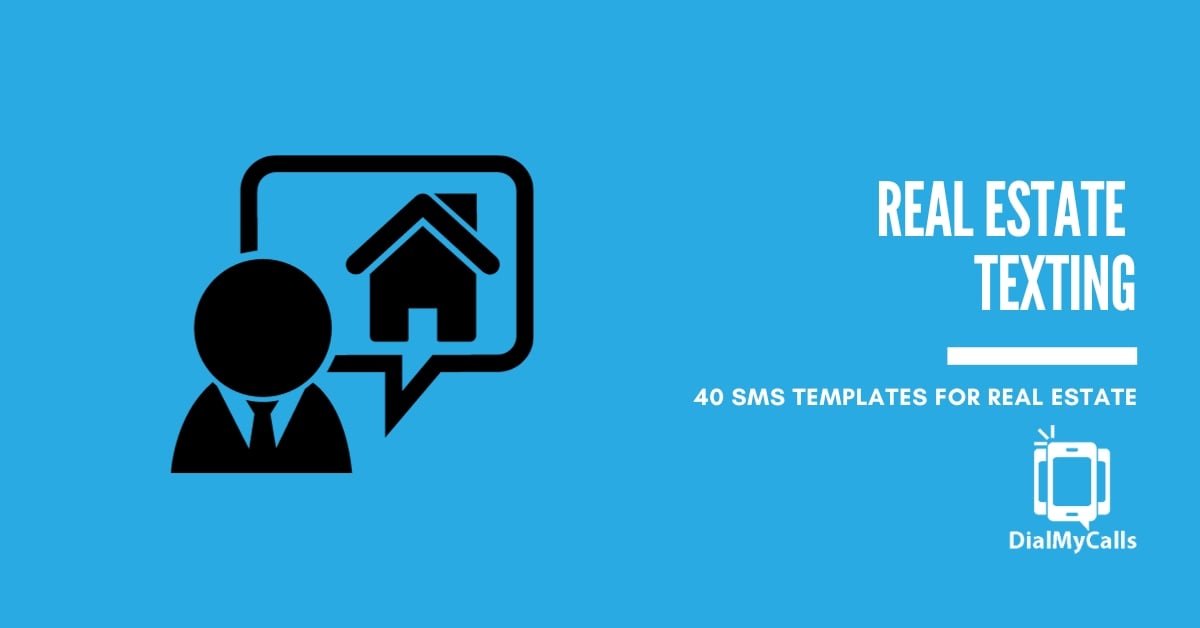6 Common Landlord Mistakes When Preparing for Winter
Posted by Tim Smith in Property Management on August 7, 2019
Updated on August 10, 2022

When it comes to managing a new property, winter is one of the most important times to take preventive action to minimize your liability as a landlord, and to make sure that your property stays in great shape during the often-extreme weather of the colder months.
Not sure what steps you need to take to protect yourself and your property? In this blog, we’ve put together a list of a few of the most common landlord mistakes that new property owners make when preparing for the winter. Read on, and learn more!
1. Failing to Inspect Furnaces and Heating Units
There are a few reasons that you should always inspect furnaces and heating units before each winter:
- Furnace inspections can reveal routine maintenance issues, and allow you to fix them before they become a serious problem
- Catching issues with a furnace or heating unit early will save you money and headaches
- Emergency repairs are expensive, and can be inconvenient for both you and your tenants
- In extremely cold weather, a failed furnace can pose a threat to the health and well-being of your tenants
As a rule, it’s always best to perform a yearly test of your furnace before the weather gets too cold. During this time, an HVAC professional can test the heating system on your property, change the filter, and perform other routine maintenance tasks, and identify any potential issues that may be concerning.
2. Not Properly Salting and Clearing Walkways and Parking Lots
In most cases, you are responsible for clearing walkways and parking lots at your rental properties. This may vary somewhat if you are renting out a single-family home – you may be able to have your tenants take care of it – but for multi-family units, you are the one who is responsible.
This means you need to be wary of slip and fall injuries caused by ice on walkways and in other areas of your property. You’ll need to be responsible for clearing out ice and snow yourself with a shovel, snowblower, or plow, and keeping the area around your property safe and clear of hazards. If you don’t do this, you could put yourself at the risk of a personal injury lawsuit.
3. Not Checking or Adjusting Outdoor Lights
This is another safety feature that is often overlooked by new landlords. If you have outdoor lights on your property, you may want to check their bulbs before the winter, and to adjust the schedule when they’re lit.
The sun rises much sooner in the winter, and combined with slippery surfaces and snow, this can pose a serious safety hazard for your tenants. For this reason, you should always make sure that you adjust your outdoor lights, check and replace bulbs as necessary, and ensure they are turned on whenever the sun is down.
4. Putting off Gutter Cleaning and Roof Inspections
Clogged gutters are always a serious issue, as clogs can prevent proper draining, and cause leaks. But in the winter, clogged gutters are an even bigger problem. If water cannot drain, it will freeze. This can cause “ice damming”, where water builds up into a “dam” which prevents proper drainage. As snow melts, it may sit on top of your roof, and eventually cause a leak.
We recommend twice-annual gutter cleanings and roof inspections – once in the late autumn before the winter, and once in the early spring. Removing debris and cleaning gutters regularly will ensure proper drainage from your home. During this time, you should also have your roofs inspected to look for damaged shingles and other signs of roof damage which could cause leaks.
5. Not Understanding How to Prevent Frozen Pipes
A frozen pipe can be a serious issue in colder regions, and cause thousands of dollars in damages. Frozen pipes occur when interior conditions are too cold, and the water inside your pipes freezes, causing the pipe to explode.
Preventing frozen pipes is primarily the responsibility of your tenants. However, we highly recommend that you communicate with your tenants when an extreme cold snap is about to occur, so they can take steps to prevent their pipes from freezing.
Using a service like DialMyCalls, you can send SMS text message notifications and voice broadcasts to all of your tenants, and inform them about precautions they can take to keep pipes from bursting, such as:
- Letting faucets drip to prevent water buildup and pressure buildup
- Opening up cabinets with pipes to help warm air circulate and prevent freezing
- Keeping the thermostat set to a certain temperature to prevent extremely cold interior conditions
You should also consider insulating pipes in your home to keep them from freezing. Pipe insulation is extremely inexpensive and easy to apply in just a few hours, so it’s a good precautionary measure.
6. Failing to Inspect or Replace Carbon Monoxide Detectors/Smoke Detectors
Carbon monoxide is a serious risk in the winter, because tenants are more likely to use their furnaces 24/7 and make use of fireplaces, and they won’t open their windows, which can restrict ventilation. Cases of carbon monoxide poisoning are the most common in January and in February because of this.
For that reason, you should always check your carbon monoxide detectors at all of your rental properties yearly, and replace them as necessary. Most CO detectors have a lifespan of about 5 years. While you’re doing this, you should also check your smoke detectors to ensure they are charged and functioning.
Avoid These Mistakes – Keep Your Tenants and Your Property Safe!
If you can avoid the common mistakes listed above, you’ll minimize your liability, keep your property in great shape, and ensure that all of your tenants are safe and comfortable throughout the winter.
We also highly recommend checking in with all of your tenants every month or so throughout the winter months and asking about water leaks, issues with snow removal, or anything else that you could improve upon – not only will you keep them safe, but they will appreciate the proactivity!
Sign Up For A Free Trial Today!
Get Started
Recent Posts
Categories
“I am a youth minister and have spent hours in the past calling students individually to remind them of an upcoming event or to get out an urgent announcement. With DialMyCalls.com, I cut that time down to about 1 minute. I also love how I can see exactly who answered live and how long they listened so I know if they heard the whole message. DialMyCalls.com is the best website I have stumbled upon all year! Thanks!”
Central Baptist Church
Sign Up For A Free Trial Today!
Get Started
Sign Up For A Free Trial Today!
Get Started
Recent Posts
Categories
“I am a youth minister and have spent hours in the past calling students individually to remind them of an upcoming event or to get out an urgent announcement. With DialMyCalls.com, I cut that time down to about 1 minute. I also love how I can see exactly who answered live and how long they listened so I know if they heard the whole message. DialMyCalls.com is the best website I have stumbled upon all year! Thanks!”
Central Baptist Church
Sign Up For A Free Trial Today!
Get Started


